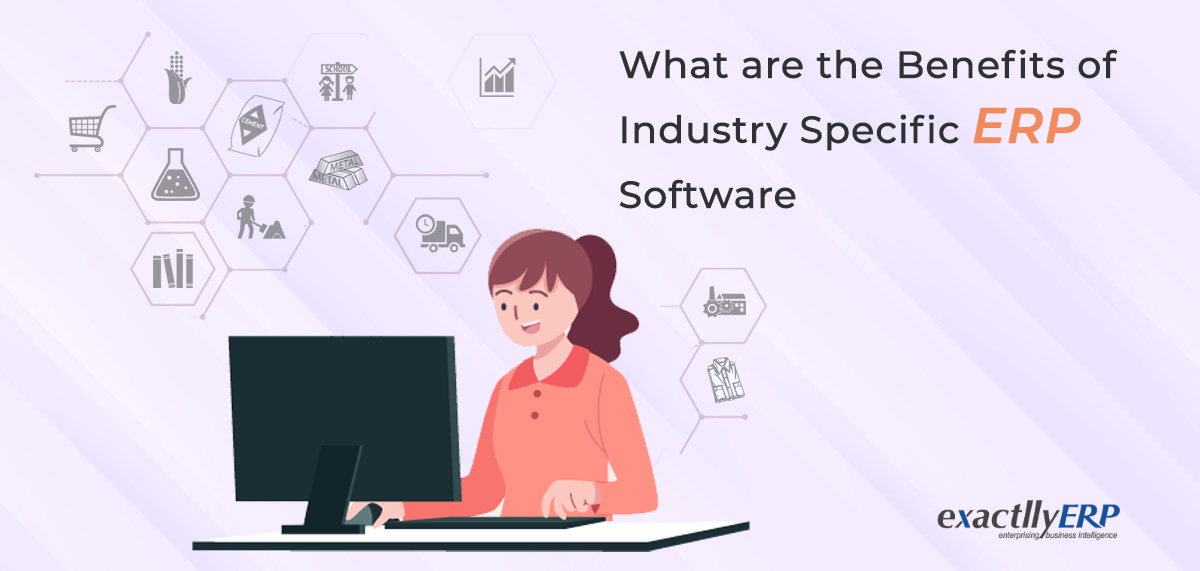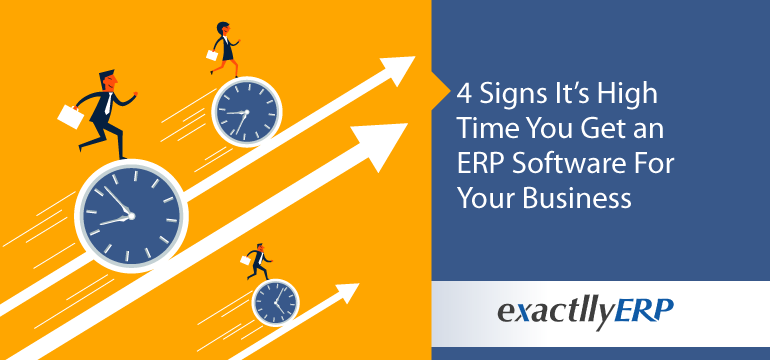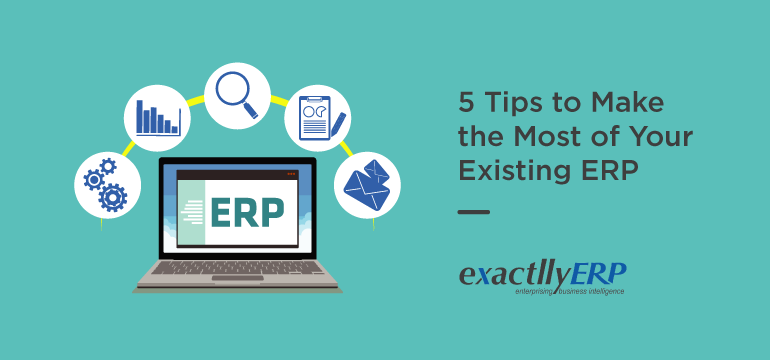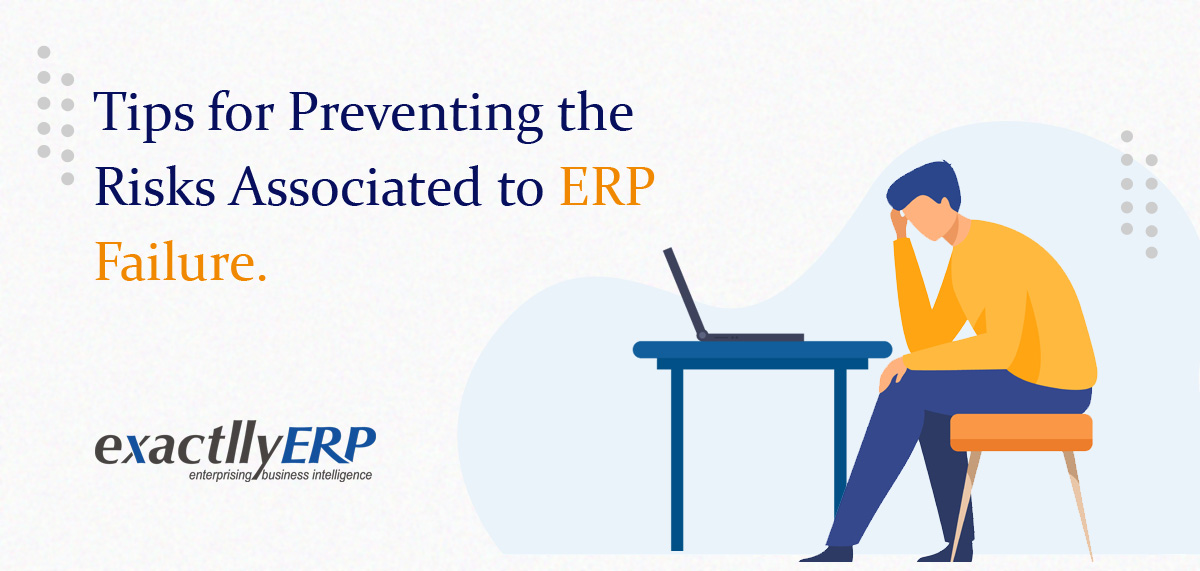How COVID-19 Has Impacted ERP System Integration?
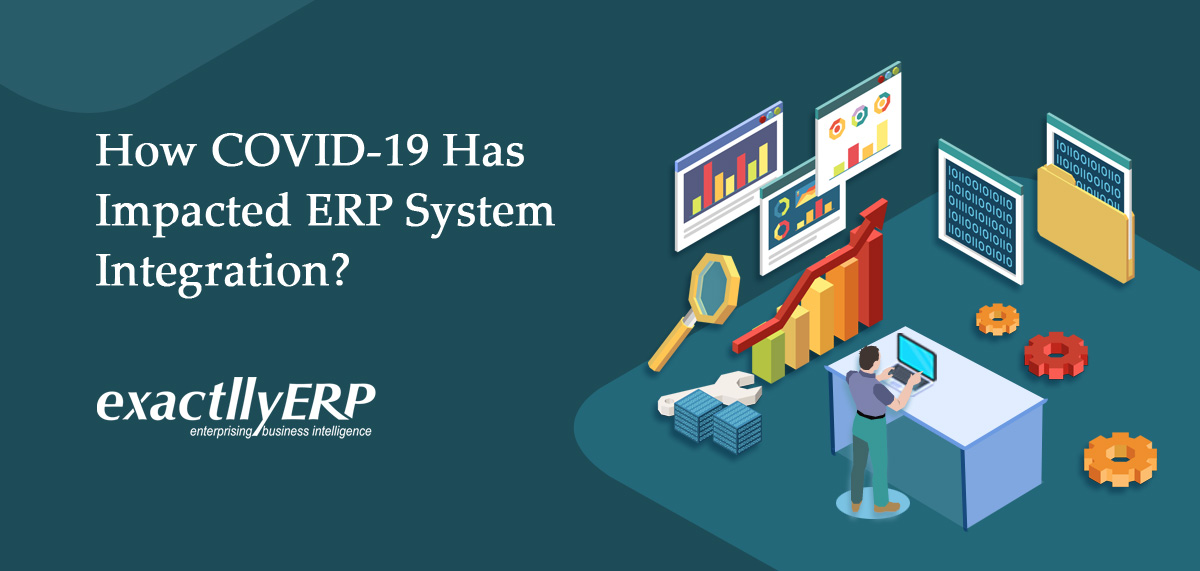
The world currently is in the middle of a health crisis that is taking a toll on peoples’ lives like never before. The COVID-19 pandemic is also heralding the way the business world will function in the upcoming times. Be it converting automotive plants for yielding more respirators to boosting the manufacturing of hand sanitisers, manufacturers are undergoing a lot of pressure right now. The floor of production is functioning with a skeleton workforce for decreasing the exposure to the CoronaVirus. Also, the plant managers literally require a better method of maintaining visibility into the various procedures. Such facts clearly make automation very important right now. The arrival of COVID-19 will surely enhance the ERP system integration for most organizations.
Navigating Business Disruptions with ERP System Integration:
-
Real-Time access to Monetary Data –
In the present systems, most companies wait till the end of every month for getting their hands on the data they require. But in this pandemic when there are business disruptions everywhere, taking quick decisions depending on the changing variables is crucial. Leveraging automation now is possible with ERP system integration. In this manner, organizations can attain real-time & clear access to reports and metrics that are important for the business. A contemporary ERP integration platform’s dashboards and reporting enable manifold users for reviewing financial data via:
The capability of viewing summary information for driving down to data at the transaction level in some clicks
Database that is Single-Shared:
When teams work with these capabilities, they get to reduce the time required for arranging and auditing data. It will also enable teams to make informed decisions economically. This is very important for organizations that are adjusting to fresh working structures like a remote working atmosphere.
-
Security Augmentation and Fulfillment of Compliance Standards –
There has been a rapid change in various business expectations because of the pandemic. Due to this, organizations are going through pressure from the regulatory reform that is forcing them not just to fulfil developing compliance standards but also to yield various new products. Companies usually spend a lot of time observing data protection for learning whether they are satiating compliance standards or not. But this is not the scenario anymore as now there is ERP system integration that enables companies to conduct analysis and from one system automatically. There will be no need for allotting extra resources or time. Leadership along with constant verification is possible with ERP systems. This way, every operation receives protection from data breaches, and also a company can fulfil the best practices of the current industry. Remaining compliant with GDPR or General Data Protection Regulations is very important as cyberattacks enhance at times of financial uncertainties.
-
Saving Resources and Money –
The absence of a total view of data can be quite risky for any company. Either it will make hasty decisions depending on incomplete information or it will lose capital by taking important decisions at a slow pace because of unsynthesized information. Resilient businesses in today’s time need to indulge in ERP system integration right away for completing business processes in an accurate manner. An entity can become more money-spinning with an automated Enterprise Resource Planning solution as it enables getting hands-on unified data. It allows decreasing the cycle times and closing all the books faster. When a company is developing fast for satiating changing demands of the market or needs to reshape the business, it must begin with ERP software system implementation.
Chain of Events Leading to ERP System Integration:
As the COVID-19 began to show its effect all over the globe, the major challenge emerged from the realm of the supply chain. Several research and surveys have displayed an infeasible supply chain to be the most dangerous disruption associated with COVID-19. The effect of the pandemic is not just unpredictable but global as well. The shock of the supply chain because of the health crisis will also lead to the cutting of the global manufacturing revenue by $16 trillion by 2020. Manufacturers will experience both long and short-term ramifications due to the virus.
Factory owners & plant managers are constantly trying to secure all the supplies. They are also striving to receive an appreciation of restraints further up in the supply chain and also gauge the influence they have on the suppliers. Mitigating the risks of supply chain calls for not sourcing components from one supplier by manufacturers. Also, as per protocols of COVID-19, sourcing components from suppliers in one location is not at all recommended.
The effect of the supply chain of COVID-19 will boost investments in ERP software by manufacturers. The investment will reach up to $15 billion by the year 2024. Several ERP integration platforms incorporate modules for supply chain management & inventory control. However, manufacturers will still need specialist providers for enhancing sales order. Instrumentation of the supply chain needs software that goes far beyond just a simple record system. It must not only run simulations but also offer risk analysis. By this manufacturers can comprehend as well as arrange for the shocks of the supply chain from before. ERP system integration right now is a must for all companies.
COVID-19 has largely resulted in panic buying by customers. This is rapidly exhausting the supply chain and also posing a huge vulnerability in all the manufacturing operations. This is the time when every business procedure requires re-evaluation. For instance, conventional processes of developing buffer inventories & safety stocks are undergoing replacement with JIT or Just-In-Time product location forecasting for decreasing inventory re-deployment. This way, manufacturers will be able to cut down on inventory costs as well. There are 2 supply chains on which manufacturing companies depend on the current times. One is the digital chain carrying all the information while the other is the physical chain carrying all products. Synchronization of the supply chains with processes of manufacturing, dispersal & procurement will help organizations to be agile.
Hence, right now all the eyes are on ERP software system automation for taking all the products via the line seamlessly. But it is paramount that the manufacturers carry a stable flow of all raw materials. This will pose several benefits for ERP in the retail industry and ERP in the construction industry.
How and which Industries are Under the Effect of COVID-19:
|
Industries Exposed to COVID-19 |
Themes Affecting Exposure |
|
Components and industrial machinery |
Travel restrictions and measures of social distancing are the biggest reasons for the impact |
|
Defence and aerospace automotive |
Labour-intensive and large-scale manufacturing shutdown |
|
Research and higher education |
Reliability on physically present students and workforce |
|
Mill products |
It is under effect due to the disruption of the down and upstream supply chain and uncertain customer purchasing |
|
Chemicals |
Several industries are on the verge of shutting down with exclusions for important products and services |
|
High-tech |
Determined demand from consumers for “essential” products |
|
Banking |
Industries that are experiencing or can experience digitalization for maintaining business operations |
|
The operation, engineering, and construction |
Exposure to the disruption of the supply chain is less and carries the capability of adjusting to critical requisites |
|
Telecommunications |
Emphasizing operations on the response to COVID-19 |
|
Healthcare |
In-need and vital services |
|
Media |
Supporting human requisites for connection, remote work, and health |
The Types of Businesses that are Under the Severe Effect of COVID-19 are:
- Businesses that are labour-intensive but this excludes healthcare
- Businesses delivering products and services to consumers via human to human contact
- Businesses that lack the prospect of operating with low human contact
To be precise, Humans are truly an asset for organizations but also the feeblest link
Surviving with ERP System Integration Post COVID-19:
How businesses operate and how customers buy, everything has undergone a transformation because of the COVID-19 pandemic. The effect of the changes is discovered in these areas and with the incorporation of ERP projects in the following ways :
- Companies realized the need for remote working for the convenience and safety of all
- Organizations now require different ways of delivering their products and services remotely
- Customers needed to purchase products online as they were unable to visit the retail shops
- Companies also started to diversify all the supply sources
All these events accelerated and made the cloud ERP system integration adoption a global trend that was once regionalized. Several organizations are now exchanging the on-premises projects for the cloud ERP ones that will offer continuity from the upcoming crisis. Companies are striving hard to digitize their operations as this will mean more guarantee of continuity while encountering worldwide future crises. Companies that are carrying robust IT budgets will carry an added benefit in the journey of digital transformation through ERP business collaboration.
How ERP System Integration will Assist Organizations in Enduring post COVID-19?
The implementation of ERP systems is something that dates back several years. But its real benefits are now being experienced and valued given the devastating pandemic that has hit the world. How ERP software helps in bearing the post COVID-19 scenario is what we will discuss now:
Companies Will Need to Adjust Rapidly to Changes that Exist in the Following Forms:
- Sentiment change for customer and consumers
- Fluctuation in supplier price
- The requirement for comparison and alternate sources
ERP Software can Address Such Changes by:
- Crafting the ability to compare alternate sources rapidly
- Utilizing analytics for rapid administration decision making
- Offering the capability of analyzing the effect of the transformations for cash flow and inventory forecast
Final Say:
Organizations all over the world are already investing in ERP software solutions. Several things have undergone a transformation & will not soon return to what it was. Hence, surviving properly post COVID-19 with ERP system integration is a highly vital option. Though the pandemic has caused devastation at the mass level it is also providing the prospect for forward-looking organizations to thrive and compete in the new normal. Established solutions like exactllyERP are making it very hassle-free for organizations to choose & implement. Free Demo is also available on the ERP system for better understanding. Contact Us today.

